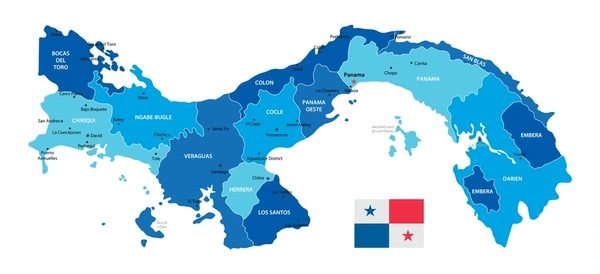¡Contando historias! (Telling Stories!)
Welcome to Week 10: ¡Contando historias! (Telling Stories!)
Having mastered descriptions in Week 9, Week 10 puts your Spanish skills to the test by exploring summarizing information and storytelling. We’ll learn how to recount past events, express sequences, and use transition words to create a cohesive narrative. Get ready to unleash your inner storyteller in Spanish!

¡Había una vez…! (Once upon a time…!)
Theme: Storytelling and Summarizing
Goals:
- Learn vocabulary related to past events and time expressions.
- Master verbs in the past tense (preterite and imperfect).
- Practice using transition words to connect ideas and create a logical flow.
- Summarize news articles, short stories, or videos in Spanish.
- Craft your own original stories in Spanish.
- Engage in conversations about past experiences and events.
Words & Phrases:
- Past Tense: ayer (yesterday), la semana pasada (last week), el año pasado (last year), hace (ago), yo fui (I went), yo comí (I ate), yo vi (I saw)
- Transition Words: entonces (then), después (after), porque (because), pero (but), finalmente (finally)
- Summarizing: resumir (to summarize), en pocas palabras (in a few words), lo más importante es que… (the most important thing is that…)
- Storytelling: cuento (story), personaje (character), principio (beginning), medio (middle), final (end)
Activities:
Warm-up: Play a “Telephone” game in Spanish. The first student whispers a short story to the next student, who retells it to the next, and so on. See how much the story changes by the end!
News Recap: Present a short news article or video clip in Spanish. Students work in pairs to summarize the main points in Spanish, using transition words and focusing on key information.
Story Chain: Start a story prompt in Spanish and have students take turns adding one sentence each to continue the story collaboratively. Focus on using past tense verbs and connecting sentences smoothly.
Picture Story Challenge: Show students a series of pictures depicting a story sequence. They write a short story in Spanish based on the pictures, ensuring a logical flow and proper use of past tense verbs.
Movie Review: Watch a short Spanish-language movie clip. Students write a review in Spanish, summarizing the plot and expressing their opinions, all in the past tense.
Bonus: Research a famous Spanish folk tale or legend. Present the story to the class in Spanish, highlighting its cultural significance and incorporating storytelling techniques.
Remember: Keep practicing storytelling in Spanish! Share anecdotes from your own life, retell stories you’ve heard, or even try writing short fictional pieces. The more you practice, the more comfortable you’ll become with past tense verbs and narrative flow.
¡Felicidades! (Congratulations!) You’ve completed your 10-week Spanish learning journey. By now, you should have a solid foundation in basic Spanish communication. Keep practicing, keep exploring, and keep telling your stories in Spanish!
Additional Tips:
- Encourage students to keep a Spanish journal and write short entries about their daily experiences or past events.
- Use role-playing activities to practice storytelling. Students can act out scenarios like a job interview or a travel experience, all in the past tense.
- Incorporate Spanish-language music or poetry into your lessons. Analyze the lyrics or poems for storytelling elements and past tense verb usage.
- Watch Spanish-language movies or TV shows with subtitles. Pay attention to how stories unfold and how characters use the past tense to communicate.
Congratulations on reaching Week 10! This Spanish learning plan provides a framework to guide you on your language acquisition journey. Remember, consistency is key. Keep practicing, seeking new learning opportunities, and immersing yourself in the Spanish language, and you’ll be surprised at how quickly your skills develop. ¡Buena suerte en tu aprendizaje del español! (Good luck in your Spanish learning!)

